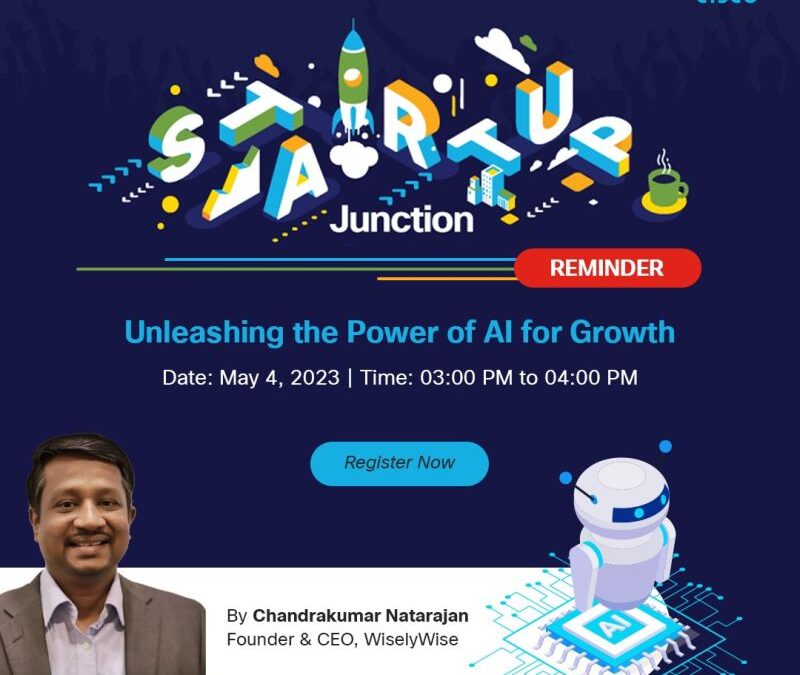
Cisco Artificial Intelligence Exclusive Session : AI’s Game-Changing Impact on Business Growth
Artificial Intelligence (AI) has become an indispensable component of modern business strategies. Companies of all sizes are capitalizing on AI's potential to foster growth, enhance innovation, and drive progress. Our recent "Unleashing the Power of AI for Growth" keynote covered an array of topics, including AI's first and second-order effects, its impact on jobs and workforce, and strategies for startups and established corporations to navigate the AI revolution. This blog post highlights the key insights from the keynote and offers an exclusive opportunity for our website visitors. Be sure to watch the full keynote video included at the end of the post!
Section 1: Understanding AI's First and Second-Order Effects
AI's influence extends beyond automating tasks and refining customer experiences. In the keynote, our expert speaker emphasized the significance of recognizing AI's first-order effects, such as productivity enhancements and cost reductions, as well as second-order effects like transforming entire industries and generating new business models. This comprehensive perspective on AI's impact is vital for businesses to unlock its full potential.
Section 2: Navigating AI's Impact on Jobs and the Workforce
The rise of AI has sparked concerns about job displacement and workforce evolution. The keynote explored the positive and negative effects of AI on employment, stressing the importance of upskilling, reskilling, and fostering new opportunities in the AI-driven future.
Section 3: The AI Revolution: Implications for Startups and Corporates
AI's transformative power affects both startups and established organizations, reshaping their operations and innovation processes. Our speaker discussed strategies for startups to leverage AI's capabilities and seize emerging opportunities, as well as ways in which large enterprises can drive innovation through AI adoption and collaboration.
Section 4: Preparing for a Future Driven by AI
The keynote underscored the importance of proactive thinking and strategic planning for an AI-powered future. The speaker provided actionable steps for businesses to evaluate their readiness for AI adoption, build a diverse AI team, collaborate with AI experts, and invest in AI research and development.
Section 5: Adopting a Strategic Approach to AI
Implementing AI in business is a nuanced process that varies across organizations. The speaker encouraged listeners to adopt a strategic mindset when integrating AI, aligning its deployment with their organization's goals and objectives, and ensuring a well-planned and successful implementation.
Section 6: AI's Pivotal Role in Medical Discoveries
One of AI's most promising applications is in the realm of medicine. The keynote highlighted how AI is revolutionizing drug discovery, leading to groundbreaking developments in new treatments and therapies for various illnesses, ultimately enhancing healthcare on a global scale.
Conclusion and Exclusive Offer
The "Unleashing the Power of AI for Growth" keynote provided invaluable insights into AI's potential to transform industries, create new opportunities, and drive innovation. As a special offer for our website visitors, we are providing an exclusive 99% discount on our AI courses. This limited-time opportunity allows you to learn from top experts and propel your organization into the AI-driven future.
Watch the full keynote video below to delve deeper into these insights and learn how you can harness the power of AI for growth in your business.


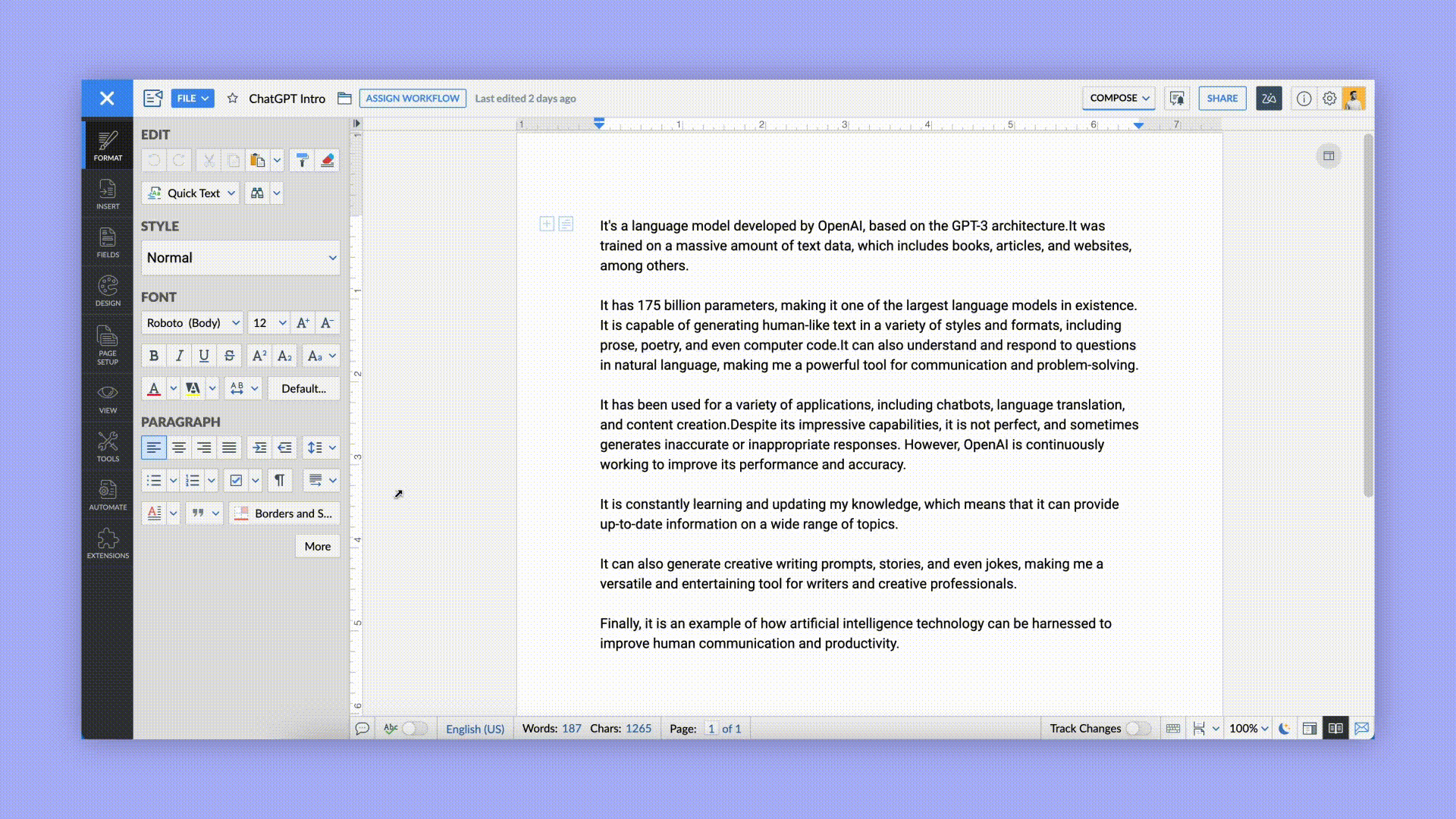
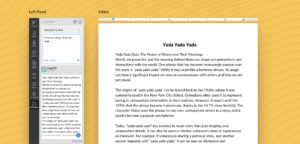
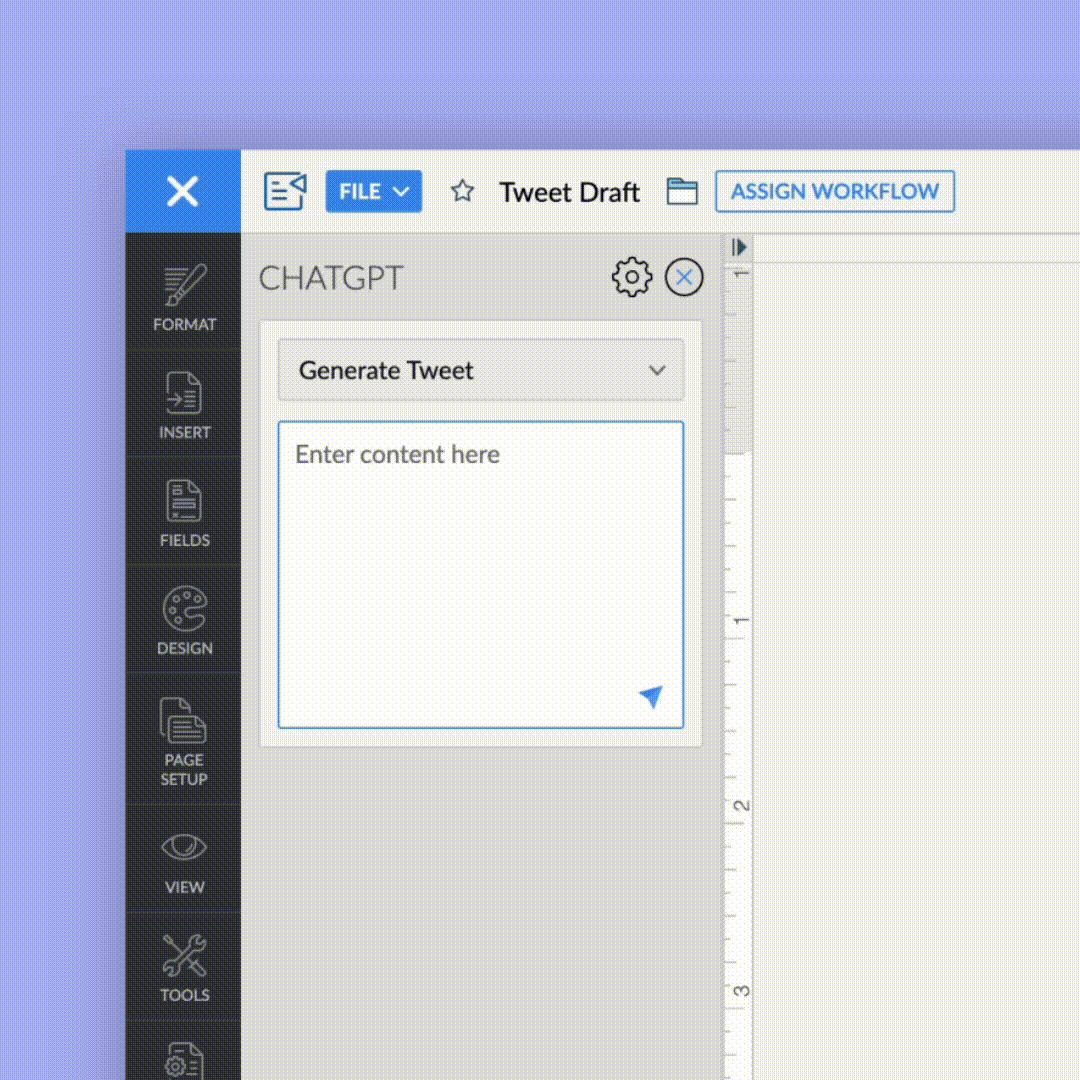
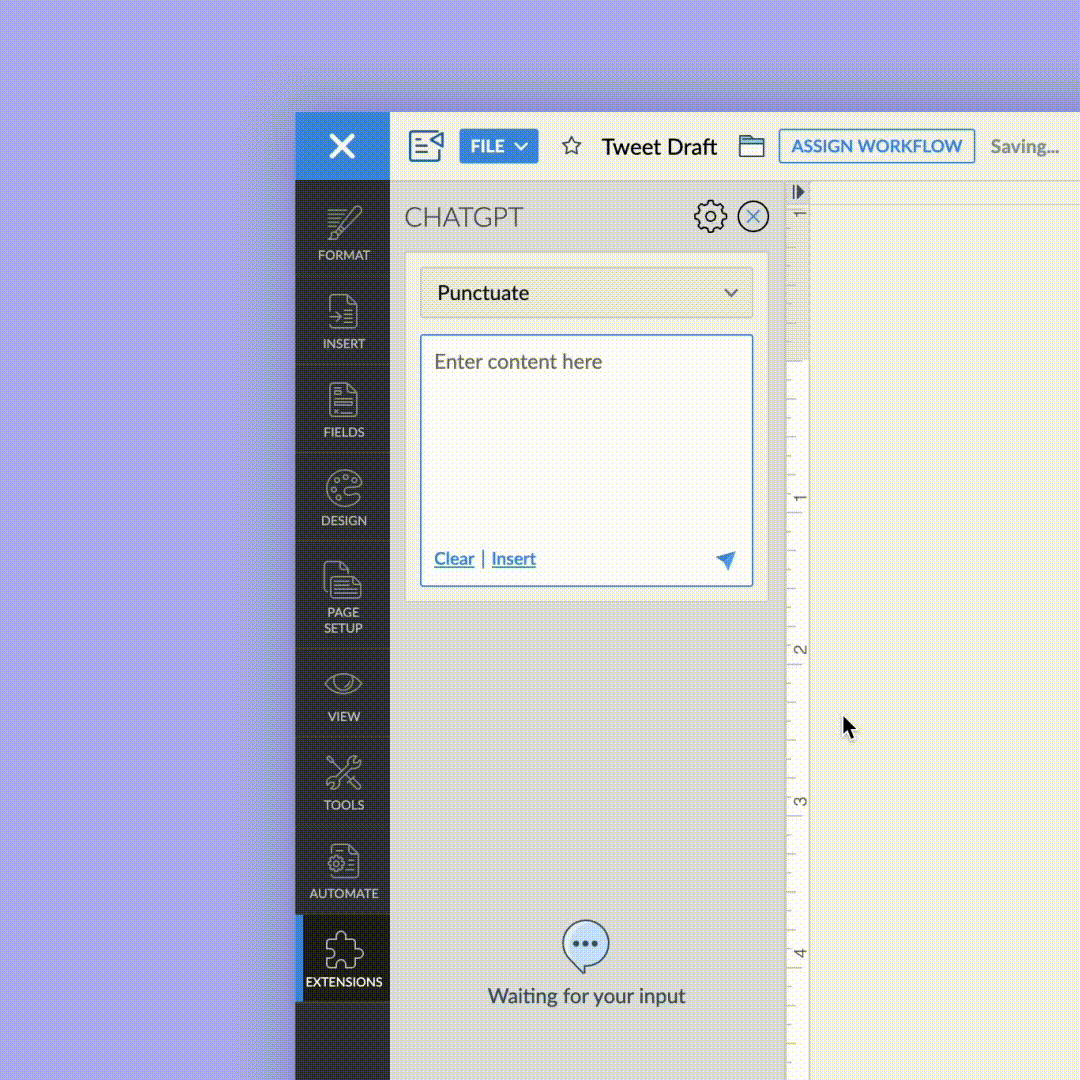
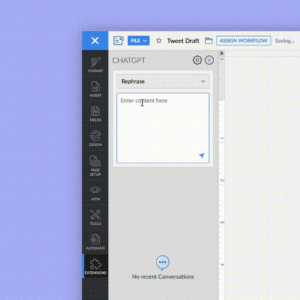
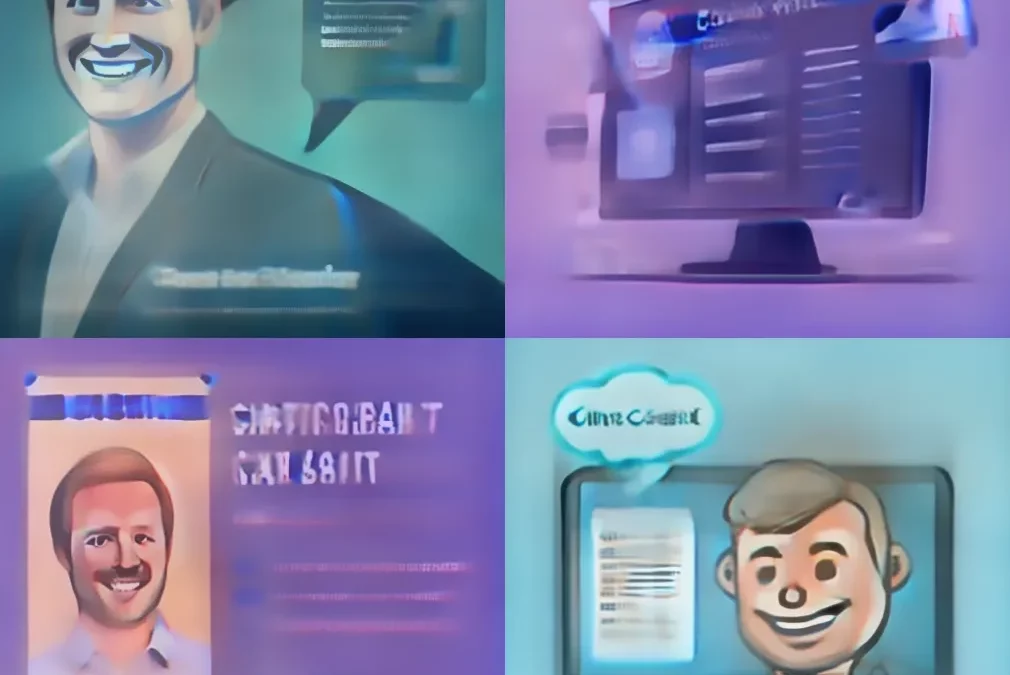

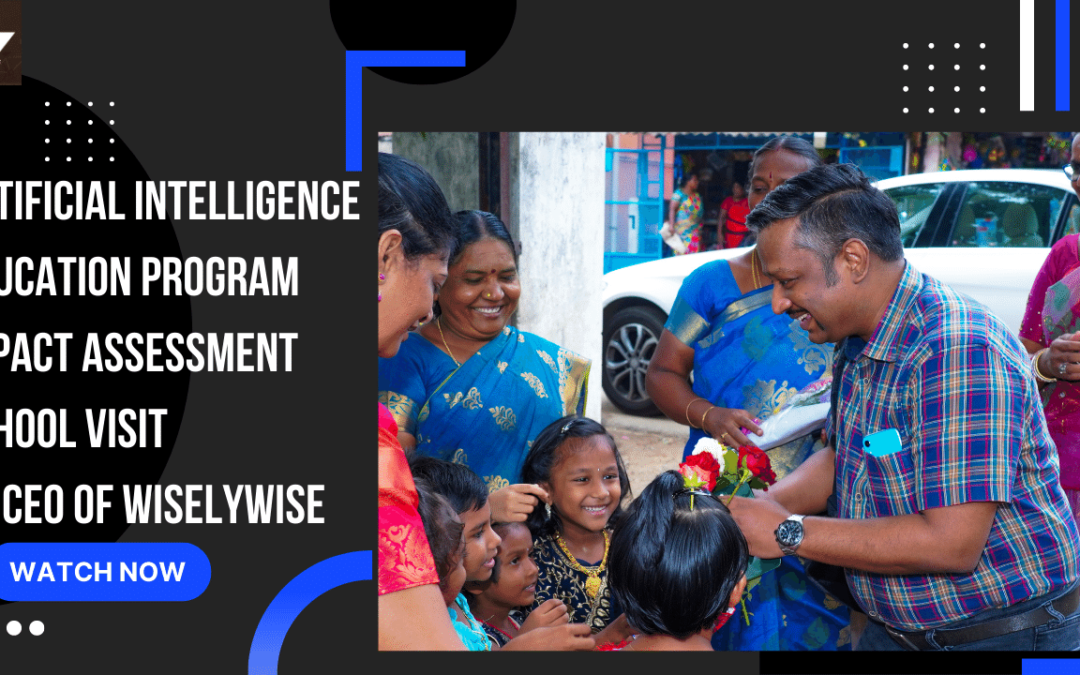
Recent Comments